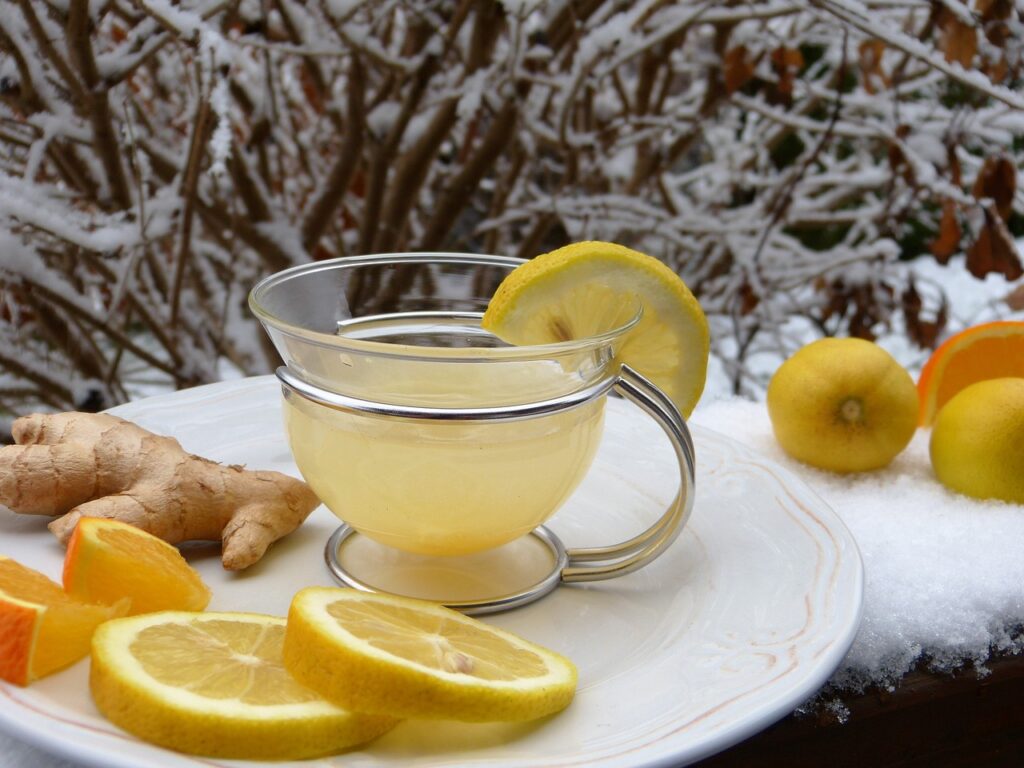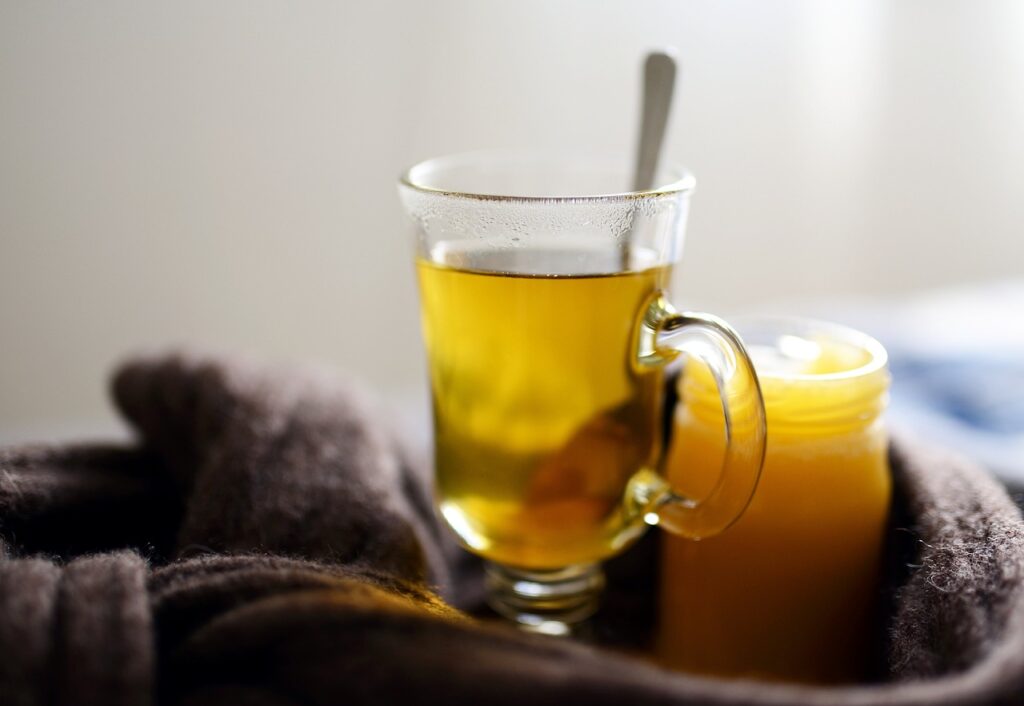Best Tea for Cold and Flu is best tea. As flu and cold season approaches, many turn to natural remedies for relief. Herbal teas, in particular, are an effective natural approach that has both warm and comforting qualities while offering unique health benefits. With such an array of tea options to choose from, each offering its own specific advantages for health, selecting an optimal tea could provide an effective alternative treatment option. This article will discuss several beneficial teas that can aid recovery quicker while fighting flu symptoms effectively.
1. Ginger Tea: An Effective Anti-Inflammatory Remedy
Ginger tea is well known for its anti-inflammatory and immune-boosting benefits, making it an excellent way to manage flu and cold symptoms. Two components found in ginger tea, gingerol and shogaol, can effectively combat inflammation in your body, relieve congestion, soothe sore throats, and alleviate soreness. Furthermore, drinking ginger tea may assist digestion issues caused by flu or cold symptoms as well as nausea issues that often arise as part of recovery processes.

How to Prepare Ginger Tea
At first, cut a fresh slice of ginger (about an inch long).
Boil water in your kettle in 5 to 10 minutes.
Honey and lemon can provide additional health benefits when consumed together.
Advantages: Its anti-inflammatory properties help soothe sore throats, improve digestion, and ease nausea symptoms.
2. Peppermint Tea for Congestion Relief
Peppermint tea can be an ideal remedy for nasal congestion. The natural properties of menthol present in peppermint can decongest and clear away airway blockages, making breathing more comfortable. Peppermint also works wonders as an effective muscle relaxant, relieving headaches frequently associated with flu.
How to Prepare Peppermint Tea
Use 1-2 teaspoons of dried peppermint leaves (or use a tea bag of peppermint).
Soak in hot water for 5-7 minutes.
Add honey for a sweet finish!
Benefits: it acts as a decongestant to relieve congestion and migraine symptoms while soothing muscles.
3. Chamomile Tea: Relaxing and Immune-Boosting Properties
Chamomile tea offers an inexpensive yet effective way to combat flu and cold symptoms, helping manage them effectively while soothingly indulging your senses. Renowned for its relaxing properties that promote sleep quality during recovery, chamomile is also high in antioxidants that strengthen immune systems as well as fight illnesses.
Making Chamomile Tea: Here Are Steps
Take one to two teaspoons of the dried flowers of chamomile and use as needed.
Boil the water quickly for 5-10 minutes when using hot water to boil.
Take honey or lemon slices for additional health benefits.
Beneficial Properties: Relaxation, improved immunity, and inflammation reduction are among the many beneficial qualities.
4. Green tea is an antioxidant powerhouse.
Green tea contains antioxidants called catechins that may boost your immune system. Drinking green tea during an illness such as a cold can help your body fight it quickly, lessen symptoms more rapidly, and provide natural antiviral protection to help avoid flu outbreaks. Additionally, green tea’s antiviral properties could even prevent influenza outbreaks altogether!


How to Brew Green Tea
Use either a tea bag with green leaves or loose leaf green tea.
Simmer water just below boiling temperatures for around 3 minutes in a pot in order to avoid bitterness.
Add honey for enhanced sweetness and soothing effects.
Benefits: Improved immunity, antiviral properties, and high antioxidant concentration.
5. Echinacea Tea: Natural Immune System Supporter
Echinacea is renowned for its ability to increase immunity. Studies suggest that echinacea tea could enhance the production of white blood cells, a crucial component in fighting infection, and effectively reduce the duration and severity of colds.
Learn How to Brew Echinacea Tea: Step-by-Step Instructions
Make use of an Echinacea tea bag or 1 teaspoon of dried Echinacea to extract maximum benefit from these herbs.
Boil for 10 to 15 minutes before adding cold water.
Add lemon or honey if desired for additional taste and aroma.
Benefits: Probiotics help boost immunity and shorten colds by decreasing their duration; additionally, they reduce inflammation.
6. Lemon and Honey Tea: A Classic Cold Remedy
Honey and lemon tea is a traditional remedy for alleviating flu and cold symptoms. It provides immunity-enhancing Vitamin C, while the soothing antibacterial properties of honey soothe sore throats. As part of its antimicrobial properties, honey also aids in digestion, making this tea an ideal choice for those suffering from sore throats, as it directly aids in healing.
How to Prepare Lemon and Honey Tea: Step-by-Step Instructions
Squeeze half a lemon in a cup.
Combine hot water with 1 teaspoon of honey.
Combine and savor with a hot beverage for optimal enjoyment!
Advantages: It helps soothe sore throats, enhances immune function, and possesses antibacterial properties.
7. Licorice Root Tea: Relieve Stress and Fight Infection
Traditional medical practices have long used licorice tea to treat respiratory illnesses. Thanks to its antiviral and antibacterial properties, licorice root can have soothing effects on throat inflammation while simultaneously decreasing inflammation in lungs.
How to Prepare Licorice Root Tea: Steps
Take one teaspoon of dried licorice root.
Boil the hot water for approximately 10 minutes to ensure optimal results.
Add some honey if desired.
Benefits: its antiviral properties help soothe sore throats while decreasing respiratory tract inflammation.
8. Turmeric Tea: Packed With Antioxidants and Anti-Inflammatory Properties
Turmeric tea, often mixed with ginger, is an effective anti-inflammatory beverage. Curcumin, the active component of turmeric, contains powerful antioxidant properties that boost immunity. Drinking turmeric tea may ease inflammation, relieve congestion, and support overall recovery.
How to Prepare Turmeric Tea: Wash one teaspoon of turmeric powder (or fresh grated turmeric).
Add hot water to the mixture and allow to steep for 10 minutes before refrigerating.
Add flavor and health benefits by including lemon, honey, or ginger in your drink.
Beneficial properties: Antioxidants have many beneficial qualities that support and strengthen immune systems.
Elderberry Tea: Immune-Boosting Powerhouse
Elderberry tea, made from its berry derivative, is well-known for its antiviral and immune-enhancing effects. Elderberries contain powerful antioxidants called anthocyanin’s, which have anti-inflammatory effects to combat cold and flu viruses.
9. How to Prepare Elderberry Tea: Here Are Steps
Consume either one tablespoon of dried elderberries or an herbal teabag containing elderberries.
Soak in hot water for 10 to 15 minutes before proceeding with any other steps.
Integrate honey into your daily regimen for additional benefits that will bolster your immune system.
Advantages Benefits: Include strengthening immune function and antiviral, anti-inflammatory, and antiviral properties.
10. Thyme Tea as an All-Natural Cough Remedy
Thyme tea may be less well known, but it is an extremely effective remedy for dealing with respiratory symptoms caused by colds and flu. Thymol, an antimicrobial compound, not only eases coughs and reduces congestion, but also provides antispasmodic properties to alleviate coughing episodes.
Steps for Making Thyme Tea: Utilize one teaspoon of dried thyme.
Boil water for 5 to 10 minutes before adding any additives.
Honey can provide comforting effects.
Benefits: Include reducing coughing, clearing congestion, and providing antimicrobial benefits.


Frequently Asked Questions (FAQs):
1. What are some effective teas to soothe throat discomfort?
Ginger tea, chamomile with honey, and lemon tea can all provide soothing properties that reduce inflammation in the throat while simultaneously offering comforting relief.
2. Does drinking tea help prevent flu?
Though tea may not be able to completely prevent flu, certain varieties, such as green, echinacea, and elderberry teas, do contain immune-enhancing components that help the body more effectively fight viruses.
3. How many cups do I need to drink daily if I’m sick?
Generally speaking, if you’re sick, you should drink two cups of tea per day, depending on the variety, to stay hydrated; however, water intake is also crucial.
4. Is it okay to add honey to tea to combat colds and flu?
Honey can be an invaluable ally in relieving colds and flu symptoms, with antibacterial properties as well as soothing sore throat relief benefits. However, you should avoid giving honey to babies under one year old.
5. Do I possess the capability of combining various teas to maximize their effects?
Yes, mixing teas can be beneficial. Combining turmeric and ginger tea or lemon and chamomile tea could provide complementary effects; however, if you are uncertain, seek medical advice first.
6. Should I avoid certain teas if I have the flu or cold?
While many herbal teas can be healthy choices, it’s best to steer clear of caffeinated ones in the evening, as these could interfere with restful sleep. Furthermore, licorice tea may cause sensitivity in certain individuals with high blood pressure.
7. Can herbal teas replace medications to treat flu and cold symptoms?
Herbal teas can provide a complementary remedy, not as an alternative, to medications. Herbal tea can help relieve symptoms and boost immune systems; however, for severe symptoms or illnesses, please seek medical advice immediately.
8. What would be an optimal and appropriate time and place to drink tea to obtain flu and cold relief?
Drink a morning cup of tea to feel refreshed. Indulge in relaxing peppermint or chamomile teas later in the evening for better restful slumber.
Conclusion
Tea can be an effective remedy against flu and cold symptoms. Whether ginger tea, peppermint, chamomile, or another tea variety, each has unique healing properties that may ease discomfort while strengthening immunity. Drinking warm, relaxing teas, along with getting plenty of sleep, staying hydrated, consuming quality herbal products, and consulting a healthcare expert if symptoms persist, are surefire ways to help.

